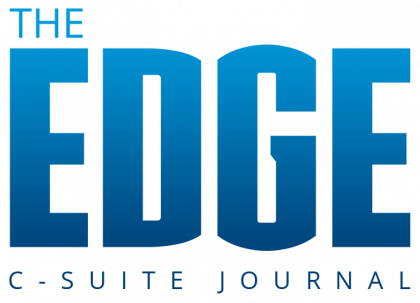Want Better Results?
Get More Feedback!
Seeking effective, meaningful feedback is the life force of innovation, the mark of an engaged and collaborative leader, and a critical predictor of future success.
Marcus Nicolls, Senior Partner
Partners In Leadership
For every leader who values the free flow of feedback across an organization, there’s an expert arguing that the dynamic is fundamentally flawed. Feedback is far too subjective, they say; it is frequently skewed in a way that is either overly negative or unduly flattering. Further, its delivery tends to be clumsy and ineffective.
Shaping this belief are leaders who leverage feedback ineffectively. Executed poorly, feedback creates experiences that deflate morale and negatively impact people’s willingness to engage at work. Even when viewed as a threat, feedback elicits greater cortisol responses in the brain, potentially leading to negative emotional effects. At its worst, feedback is weaponized, wreaking havoc on everything from employee relations to bottom line business results.
All of these outcomes perpetuate the belief that feedback is ineffective at driving positive results, and therefore a waste of time.
It’s no wonder that so many hold negligent or avoidant attitudes toward feedback. The Partners In Leadership Culture Advantage Index® reveals that a mere 5% of employees strongly agree that others in their organizations ask for feedback when it may be hard to receive.
By normalizing feedback-seeking in organizational culture, leaders drive productivity, innovation, and organization-wide performance. While the conversation regarding feedback remains an important debate, too much attention is spent evaluating the techniques by which leaders provide feedback and coach employees. As a result, the most critical considerations—namely, how leaders use feedback to effectively gain insights outside their purview—go ignored.
When you invest more in seeking feedback from people at every level of the organization, you pinpoint potential gaps in performance, and, equally important, you demonstrate that you value others and their diverse perspectives. The experience of asking for and receiving feedback in the right way creates a host of benefits for you, your colleagues, and the organization, ultimately improving short- and long-term results.
What’s the Feedback Fix?
Everyone sees the world from their own subjective viewpoint, resulting in an incomplete picture of reality. Feedback expands this perspective, giving you insight and intelligence into how others experience you and your performance. This information directs new ways of thinking, positively impacts relationships, and informs business strategy.




